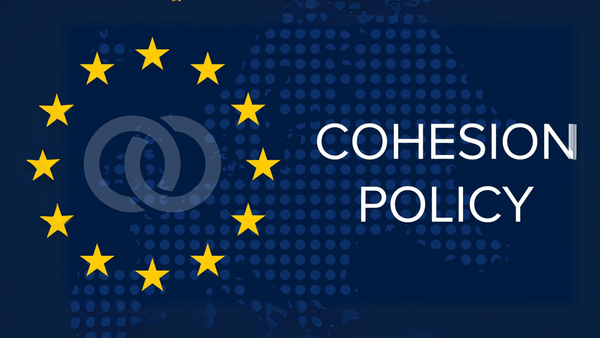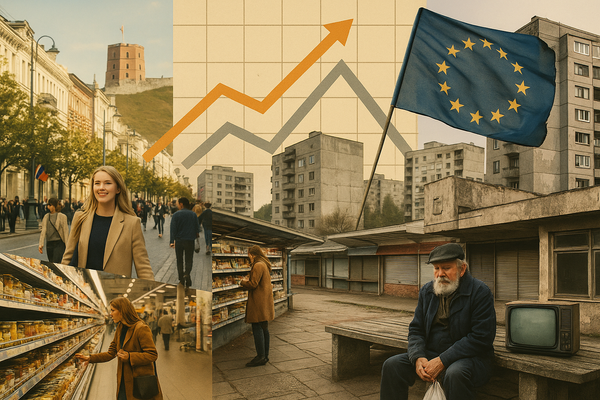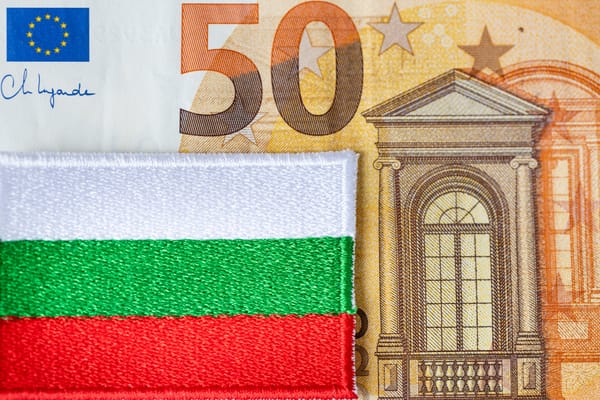
Bulgaria Schedules General and Presidential Elections for 14 November
On Saturday, 11 September, Bulgaria’s president Rumen Radev announced he would call snap general elections on 14 November to coincide with the first round of presidential elections in which he will be seeking a second 5-year term. Radev, whom pollsters see as the current front-runner in the presidential race, told reporters both elections should be held on the same day in order to save taxpayers time and money.
Earlier this month, Bulgaria’s parliament had scheduled the next presidential elections for 14 November, but the six parties in the 240-seat unicameral chamber failed to forge a ruling coalition, forcing the president to call the new early polls that would be the third in half a year. The previous two votes, on 4 April and 11 July, failed to produce a parliament with a clear majority.
Under Bulgaria’s constitution, the president wields mainly ceremonial powers but is seen as a figure with moral influence because of being chosen by a popular vote. The head of state obtains a more prominent role in case of an early general election where the constitution empowers him to appoint a caretaker government to organize the vote and run the country on an everyday basis for up to two months.
A former air force general who was named for president by the Socialist Party in 2016, Radev is the only clear candidate for the presidency for the time being. He is likely to get support from the Socialists and by the anti-establishment “There Is Such a People” (TISP) party of TV entertainer Slavi Trifonov. The latter has repeatedly said that Radev fits best TISP’s requirements for Bulgaria’s future head of state. None of the other parties have named their presidential candidates yet.
Meanwhile, Radev is in a bitter standoff with the previously ruling center-right GERB party of former prime minister Boiko Borisov, whom he accuses of weakening Bulgaria’s democracy and building up a system of cronyism and corruption. Radev has deliberately supported 10 months of street protests against Borisov’s government that erupted in July 2020, even by joining street rallies, waving his fist in the air and chanting: “Scoundrels out!” alluding to Borisov and his circle. For his part, the former prime minister is dismissive of all charges and accuses the president of dividing the nation and wreaking havoc in defiance of his constitutional role as conciliator and mediator.
Radev told reporters on Saturday he would issue his formal decree to dissolve the current parliament and schedule the snap polls as soon as possible. He has delayed that act to allow lawmakers to amend this year’s state budget to include extra spending on COVID-19, business and social support and beefing up border protection in view of a possible migration crisis.
A presidential runoff is to be held on 21 November if no candidate pulls in more than 50% of the vote in the first round.





